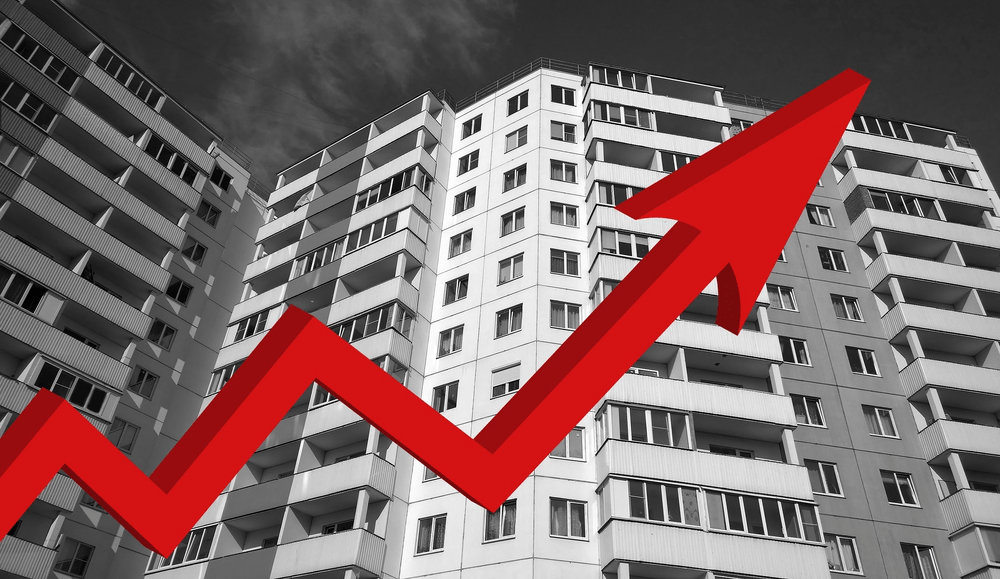Time to read : 5 Minutes
The Nature Of Lag The RBA Bets On Rising Cash Rates To Curb Inflation
Australian households collectively held their breath on Melbourne Cup day – and it had nothing to do with horse racing.
Half an hour before 'the race that stops a nation’ the Reserve Bank of Australia (RBA) announced another cash rate hike of 0.25% – and that’s set to drive monthly mortgage repayments even higher this year.
The New RBA Cash Rate Rise of 0.25% - here's what you need to know:
This makes the seventh cash rate hike – and therefore the seventh home loan interest rate hike - in as many months.
Last week’s inflation figures presented a particularly grim picture and the RBA is betting that pushing interest rates higher will eventually get Australia back on track with cost of living expenses.
Somebody with a 25 year $600,000 mortgage on a low variable rate of 2.79% back in April and who hasn’t refinanced could now be paying an extra $919 a month – or $11,028 a year – if their lender passes on all rate rises in full.
Be aware: Homeowners who took advantage of cheap credit when fixed rates were at their lowest could be hardest hit. They’ll be rolling off a repayment rate of under 2% to a variable rate of 4.54% or higher.
“The problem for these home owners is that any cash rate increase in November takes them past their initial serviceability buffer. Lenders assess a homeowner’s ability to repay a mortgage at a rate that’s 3% higher than the rate they’re offered.”
So, rather than being judged at their ability to repay a mortgage at 4.79%, they’re likely to be assessed at their ability to pay at over 7% or even 8%.”
Lance Goodman, co-CEO, Compare Club.
That’s not the only financial pain households face…
Rising interest rates aren’t the only expenses putting pressure on household budgets.
⛽Fuel costs: According to the Australian Automobile Association’s (AAA), national households faced a 26.4 per cent increase in fuel costs since the beginning of this year*.
💡 Energy bills: Last week’s budget predicted that electricity costs would go up by 30% in the next 12 months and gas by 44% in the next 18 months.
🛒Grocery prices: Food and non-alcoholic beverage prices have jumped a whopping 9% since the start of 2022. That’s ‘food’, not takeout or dining out, or even fast food. Milk costs 7.4% more than it did in January. Potatoes have likewise risen by around 7%, and mince by over 8%~.
What can households do if their fixed term home loan is about to expire?
If your ultra-low fixed rate is about to revert to a more expensive variable rate, expect to see your monthly repayments increase by upwards of $867 if you have a 25 year $600,000 mortgage.
But you can plan for this.
How?
Start by speaking to a good broker.
🙌 The lowest variable rate on Compare Club's panel is currently 4.04%, so it’s definitely worth a chat to figure out your options.
The sooner you have a plan, the better. Compare Club’s Home Loans Broker Sophie Matthews reminds us:
“This is definitely not the last of the cash rate hikes. Expect more to come, so homeowners who haven't yet reviewed their mortgage should act sooner rather than later.”
The bottom line:
The RBA is committed to tackling inflation. This will – eventually – improve some of the shockingly high living costs we’re all experiencing at the moment.
In the meantime, there are a few things you can do to smooth out this bumpy ride:
If you have a home loan, and you’re on a fixed rate that expires within the next six months, get a handle on your options now.
Variable home loan rates are currently cheaper than fixed rates, but some lenders have started dropping fixed rates for new customers and existing ones who negotiate for it. Speak to a good broker about what’s best for you.
Qualifying for a new loan and/or refinancing an existing one is harder now than it was in January, or even two years ago. Most loans take a while to approve and settle, so give yourself plenty of time to examine your options and switch to a better deal.
Go Deeper:
Sources:
